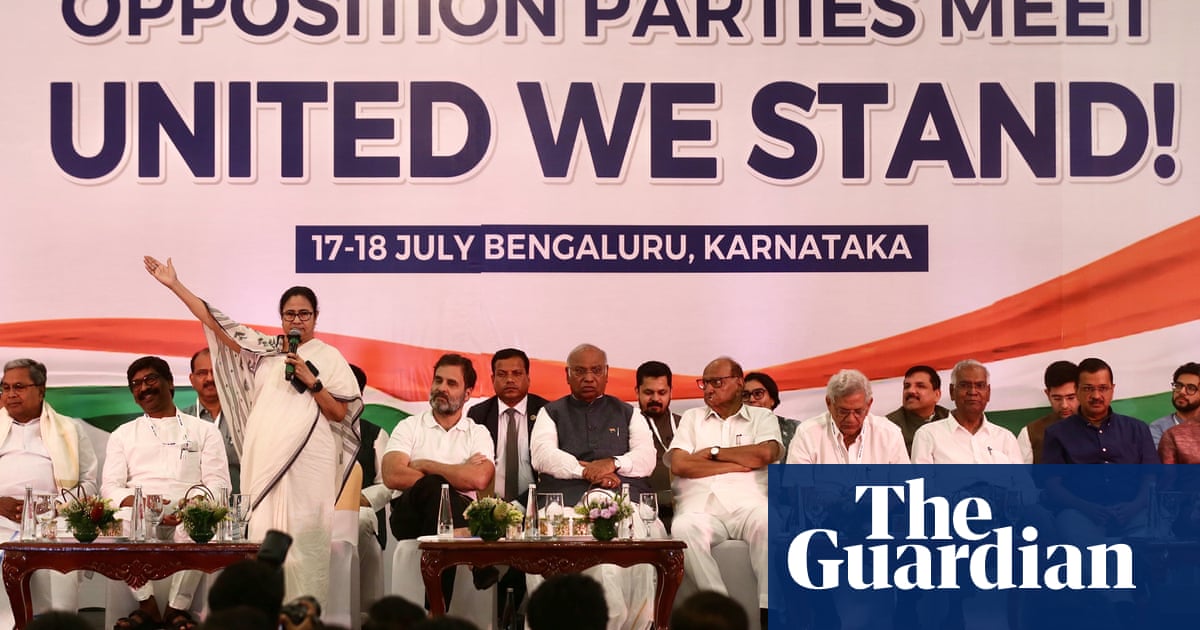
The easyJet founder, Sir Stelios Haji-Ioannou, has failed in his attempt to oust the chairman and chief executive of the low-cost airline in a shareholder vote on Friday.
Haji-Ioannou, the airline’s largest shareholder, had been seeking to oust four directors in a special shareholder vote as he seeks the cancellation of a £4.5bn order for more than 100 new aircraft that he believes jeopardises the airline’s future.
Haji-Ioannou was hoping to oust the chief executive, Johan Lundgren, the chairman, John Barton, the finance chief, Andrew Findlay, and the non-executive director Andreas Bierwirth over the board’s refusal to cancel the aircraft order, placed with Airbus in 2013.
All four resolutions were defeated with over 99% of votes cast by independent shareholders – those not held by Haji-Ioannou or related parties – supporting the board. Haji-Ioannou and his family control about 34% of easyJet’s shares and he required more than 50% of the votes to remove the targeted directors.
“On behalf of the board I would like to thank shareholders for their support,” said Barton. “The board seeks good relationships with all of the company’s shareholders and hopes to be able to re-engage constructively with Sir Stelios.”
The odds were against Haji-Ioannou’s success, with Barton saying at the meeting that he had been given the right as a proxy to cast 180m votes for shareholders, representing about 45% of easyJet’s total shares.
Haji-Ioannou claimed the result was rigged, alleging that a group of shareholders were conflicted and their votes should not have been eligible.
“The results constitute voting fraud as at least 15% of the shares held by the three ‘straw men’ (Invesco, 91 and Phoenix) are controlled by Airbus and were therefore ‘related parties’ in this vote,” he said. “If the circa 60m shares in easyJet that are controlled by Airbus that we know about, and there could be more, are excluded, my resolutions to remove the directors would have been approved by a margin of 133m shares to remove and 120m shares to retain. We will never stop in our quest to out these ‘straw men’ and prove that these shares should not have been counted.”
Earlier this month, Haji-Ioannou offered £5m for a whistleblower to come forward with information that could derail the airline’s 107-plane order from Airbus.
Barton said: “Over the last few months the negative headlines and publicity has placed unnecessary pressure on a dedicated management team and negatively impacted the reputation of this great British and European brand,.”
Haji-Ioannou had put forward a number of questions to management at the meeting relating to the Airbus deal. One asked what incentives the company’s directors received from Airbus to place the order. “No incentives have been received by the company or its directors to purchase new aircraft,” Barton said. “The board rejects any insinuation it was involved in any impropriety.”
Responding to whether Airbus owned a stake in easyJet, either directly or indirectly, Barton said he knew all shareholders who owned at least 1% of the company and “Airbus is not among them”.
The directors were also asked if they believed that, given the huge impact the Covid-19 crisis has had on the aviation industry, easyJet remains a going concern.
“As of today and based on current likely scenarios and the current availability of funding, we believe we are a going concern,” Barton said, on behalf of all the directors. “EasyJet maintains and has always had a strong balance sheet.” The airline has taken £600m in taxpayer-backed loans.
EasyJet has been able to defer the delivery of 24 Airbus planes to give it more financial flexibility and Barton said the overall deal is “integral to the company’s future success”.
Haji-Ioannou also asked about the financial cost of breaking the contract with Airbus. Barton said the contract did not provide a clause to allow it to exit the deal because of the coronavirus crisis.
“The company has no right to unilaterally terminate the contract,” he said. “The one-off costs associated with termination would be very material and taken with the future value of contract, termination would be hugely detrimental and seriously impact the company’s ability to operate as a low-cost airline.”











